This course is reserved for experts from Latin America & The Caribbean, including the following countries and territories: Argentina, Brazil, Chile, Colombia, Dominican Republic, Ecuador, El Salvador, Guyana, Jamaica, Mexico, Panama, Suriname, Trinidad & Tobago, Uruguay.
This course will be held in Buenos Aires, Argentina, between 11-14 June, 2024. The key topics that will be covered include:
We warmly encourage you to submit requests from experts from your organisation, interested in taking part in the training course, and to forward this invitation to interested parties.
LNGnet
The course sits under the LNGnet Project, which has been launched in Spring 2021 by the European Commission to enhance the liquidity, flexibility, transparency, and sustainability of the global LNG market. The LNGnet Project is led by consortium partners: the Florence School of Regulation, Cecoforma, Baringa Partners. More information about the project can be found here.
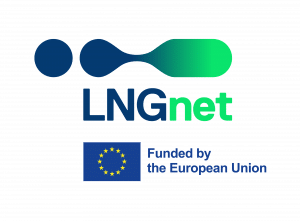
The LNGnet Project has been launched in Spring 2021 by the European Commission to enhance the liquidity, flexibility, transparency and sustainability of the global LNG market. The Project aims at deepening the engagement of partner countries in liquid and flexible global LNG trade, and to increase their understanding of EU gas and LNG market policies and practices, including on the envisaged decarbonisation of the gas sector in line with the EU’s climate objectives.
Within the LNGnet Project, Training Courses are offered, dealing with: Gas market design, structure and regulation; LNG market structure, organisation and arrangements; Decarbonisation, gases and LNG.
Courses are free of charge and reserved for energy experts from Ministries, Government Agencies and other public bodies in charge of energy, energy companies and their associations, major energy consumers, academia. Participants are selected from candidates based on their background and position, with a view to ensure a fair representation of countries, organisations and genders. Travel and accommodation may be covered for selected participants from eligible countries.
Day 1: Policy, regulatory and market framework
Day 2: The international LNG market
Day 3: LNG, new gases and decarbonisation
Day 4: Study visit of an LNG regasification terminal
At the end of the course, participants will receive a Certificate of Participation.
The LNGnet Project will cover the travel costs (economy class) and a per diem covering accommodation and local costs, for up to 25 participants, selected among those meeting at least one of the following criteria:
For sponsored participants who need a visa to enter Argentina, the project can reimburse the visa costs, subject to the provision of supporting documents.
Join us for a unique opportunity to reconnect and stay updated on the latest policy developments in the fields you previously studied.
LEARN MORE AND REGISTER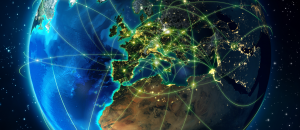
EU Electricity Network Codes & the Clean Energy Package Enter the world of electricity markets in Europe ‘Evolution of electricity markets in Europe’ is an 9-week online course in collaboration…

Crafting research with impact on energy policy and regulation LARS is a residential training addressing researchers with modeling skills who are keen to support the energy policy and regulatory debate.…
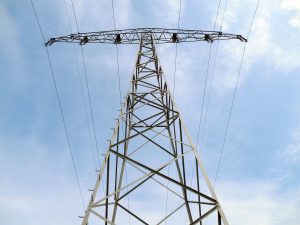
Regulation of energy utilities All you need to know in one professional course With the Annual Training on the Regulation of Energy Utilities, you will gain extensive knowledge of the fundamental principles of…

Digitalisation is transforming transport and mobility. Understanding the regulatory implications of digitalisation requires knowledge of EU digital law and policy (DSA, DMA, Data Act) and the regulatory strategy in transport…
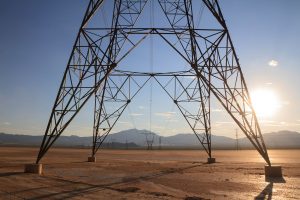
Learn how to master electricity markets and key issues around their reform The energy crisis that was triggered by the Russian war in Ukraine has led European power markets to…

This new training course on the Regulation and Integration of Renewable Energy provides a comprehensive introduction to the topic with the latest updates, including developments in policy and regulation in…
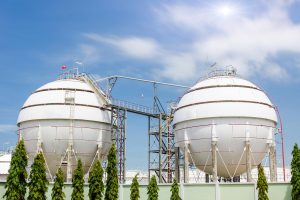
Understand the basic principles and most topical issues of gas sector regulation in Europe and worldwide Building on our flagship ‘Specialised Training on the Regulation of Gas Markets’, this new…

This FSR-ACER residential course in Florence covers the scope of the EU Regulation on Wholesale Energy Market Integrity and Transparency (REMIT) and the way in which it is implemented. Mapping…
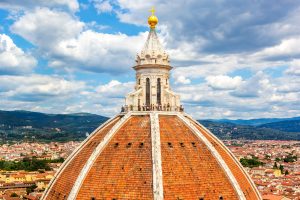
Learn the fundamental regulatory principles of the electricity and gas sectors through hands-on, real case activities and examples with instructors from national regulatory authorities from Europe and North America, the…
To meet, discuss and learn in the channel that suits you best.